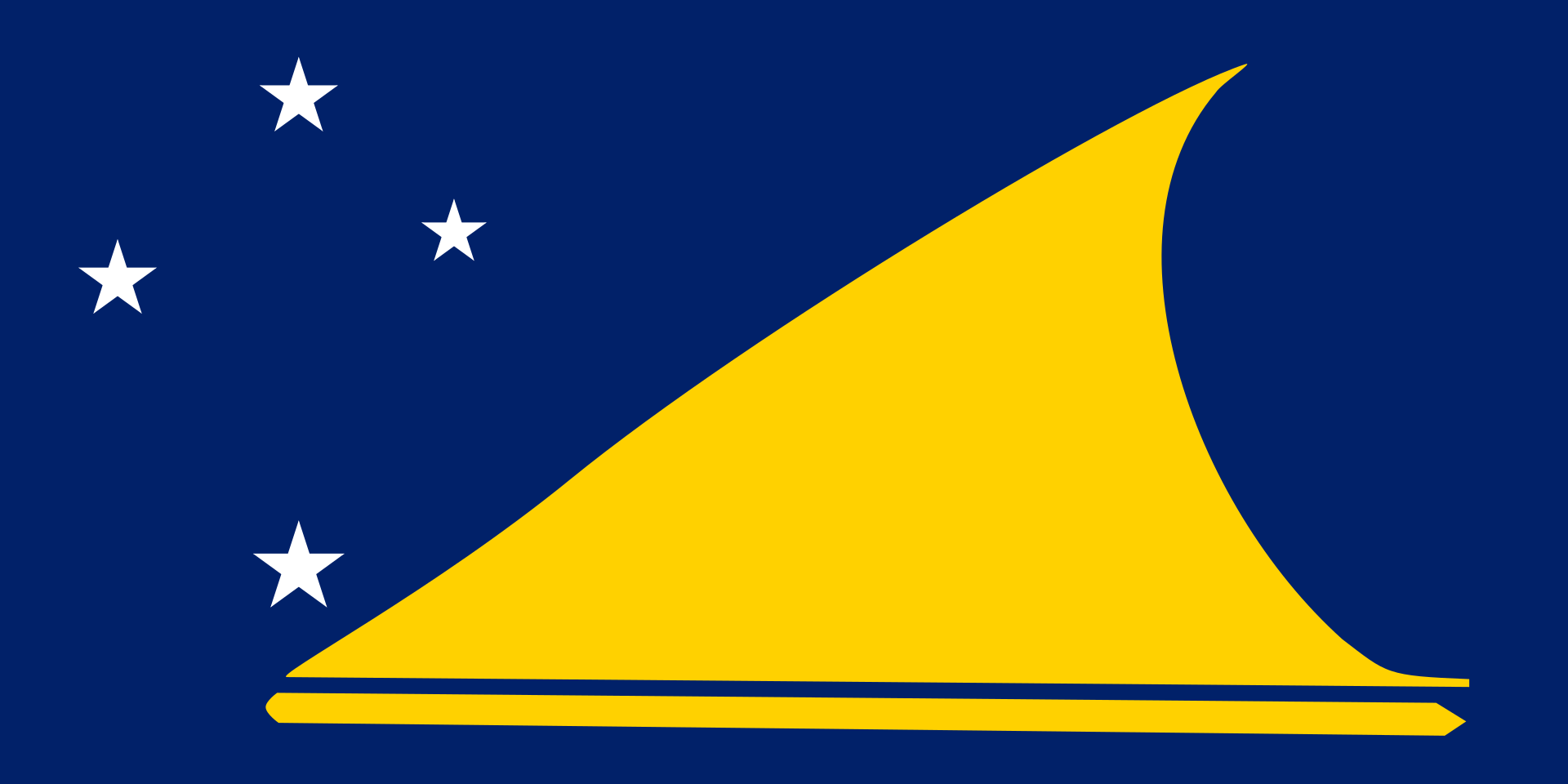Tokelau

Capital city: N/A
Population: 1,647 (2019)
Land area: 10 km2
Official language: Tokelauan, English
Legal system: Common law system of New Zealand
Time zone: GMT+13
Currency: New Zealand dollar (NZD)
GDP: US$10 million (2017)
Main industries: Production of copra, postage stamps, souvenir coins and handicrafts
Principal exports: Copra, postage stamps and woven and carved handicrafts
Tokelau is a dependent territory of New Zealand located about 500km north of Samoa in the South Pacific. With a total land area of 12 square kilometers, it is made up of three coral atolls, namely Atafu, Nukunonu and Fakaofo. Each of three atolls has its own administrative center. While Tokelau was part of New Zealand, it has its own political, legal, social, judicial and economic systems and distinctive culture.
History
Archaeological evidence shows that the Tokelau atolls were settled around 1000 years ago. Tokelau was originally settled by Polynesian emigrants from surrounding island groups, and in 1889 became a British protectorate. They were handed over to New Zealand administration in 1925. With the promulgation of the Tokelau Act 1948, formal sovereignty was transferred to New Zealand. In 1949, Tokelau was declared to be part of New Zealand. Referenda held in 2006 and 2007 to change the status of the islands from that of a New Zealand territory to one of free association with New Zealand did not meet the required threshold for approval.
Demographics
It is estimated that it is home to around 1,500 people and more than 7,000 Tokelauans are living in New Zealand. Key ethnic groups include Tokelauan (64.5%), part Tokelauan/Samoan (9.7%), part Tokelauan/Tuvaluan (2.8%), Tuvaluan (7.5%), Samoan (5.8%), other Pacific Islander (3.4%), other (5.6%), unspecified (0.8%). Approximately 88.1% of the people speak Tokelauan and 48.6% of the population speak English. Other languages include Samoan (26.7%), Tuvaluan (11.2%), Kiribati (1.5%), other (2.8%), none (2.8%), unspecified (0.8%). The official languages are Tokelauan and English. English is taught as a second language and is widely used.
Legal System and Government
As part of the Realm of New Zealand, its people have the same Head of State, Her Majesty the Queen in Right of New Zealand, and are citizens of New Zealand. New Zealand assists the Government of Tokelau to provide its people with essential public services and infrastructure and to develop its economy and capacity for self-governance. The relationship between Tokelau and New Zealand is led by the Administrator of Tokelau, which is a statutory position held by a New Zealand public servant and appointed by the New Zealand Minister of Foreign Affairs.
The legislation and judicial systems are based on the Tokelau Act, 1948, and its amendments. Unless it is expressly extended to Tokelau, New Zealand statute law does not apply to the territory. In practice, New Zealand legislation will not be extended to Tokelau without the consent of Tokelau people. The villages have the statutory power to enact their own laws covering village affairs. In December 1978, International covenants on economic, social, and cultural rights and civil and political rights was ratified by New Zealand and they apply in Tokelau. Civil and criminal jurisdiction is exercised by commissioners and the New Zealand high court.
Economy
Tokelau has one of the smallest economies in the world. Its main sources of revenue are sales of copra, postage stamps, souvenir coins, handicrafts and remittances from relatives in New Zealand. 90% of Tokelau’s energy from photovoltaic powers is funded by New Zealand. In November 2004, the Tokelau International Trust Fund was formally established provide Tokelau with an independent source of income to Tokelau in the future. As of 30 June 2018, its balance was $NZ 90.3 million.
Trade
Tokelau has minimal trade flows. The physical characteristics of the atolls limit its potential for economic development, with scarce natural resources and limited agricultural production, which can only meet a basic level of needs in Tokelau. Oceans and lagoons fish and shellfish are part of the staple food of the people of Tokelau. Tokelau has an Exclusive Economic Zone (EEZ) that covers an area of 318,990 square kilometers, and fishing license fees have contributed significantly to Tokelau’s budget. There are no significant imports and exports between Tokelau and New Zealand, reflecting the size of its economy.
Sources
https://www.cia.gov/the-world-factbook/countries/tokelau/
https://www.bbc.com/news/world-asia-16962868
https://www.dfat.gov.au/geo/tokelau/Pages/tokelau-country-brief